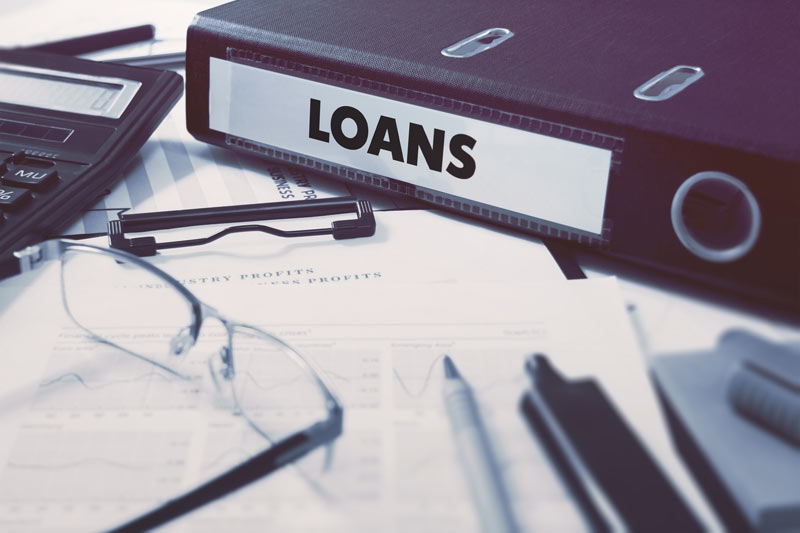A Small Business Owner’s Guide to SBA Funding Programs
The COVID-19 pandemic has been hard for small businesses. Companies have faced unprecedented changes to their business models while operating on reduced revenue.
For many, the Small Business Administration (SBA) has been an option for small businesses to find relief. From COVID-specific loans to other SBA funding programs, small businesses can work with lenders to obtain financing. These small business loans can mean survival for many entrepreneurs.
Let’s take a look at the different types of small business loans available through the SBA.
Paycheck Protection Program Loans
In March of 2020, the CARES Act introduced the Paycheck Protection Program (“PPP”) to provide relief to small businesses. These loans, administered by the SBA, allowed small businesses to apply for federally guaranteed loans to use for payroll. PPP has SBA loan forgiveness, meaning if businesses use the funds for eligible expenses, the loan does not need to be repaid.
When the PPP funding was exhausted within two weeks, a second round of funding became available in April. Now, the third round of funding has been signed into law. Businesses can apply for another PPP loan, including those who have already received a PPP loan.
PPP Eligibility
For the most current funding, there are some eligibility requirements. The most basic requirements are:
- Businesses receiving their first PPP loan can have no more than 500 employees.
- Businesses receiving their second PPP loan can have no more than 300 employees.
- Businesses must show a 25% or greater revenue reduction either annually or within a single quarter compared to the same quarter in 2019.
Borrowers can receive a loan for up to 2.5 times payroll costs, up to $10 million. The money can be used for payroll. Businesses can also use up to 40% to cover mortgage interest, rent, and utilities.
SBA Funding Programs
The SBA does not provide money directly but instead works with partner lenders and investors. Borrowers can receive money through the following SBA funding programs:
- Loans to start or expand a business, guaranteed by the SBA
- Investment capital through a business investor
- Disaster assistance with a low-interest disaster loan
- Surety bonds to guarantee a customer for work to be completed
- Government grants for research and development
SBA Loan Eligibility
The most common way for borrowers to receive funds from the SBA is through a loan. Loans can be for anything from working capital to fixed assets.
Sometimes lenders are hesitant to make loans to small businesses because they think the loans are too risky. By having an SBA guarantee, the lender’s risk is reduced.
To qualify for an SBA loan, a business must:
- Operate as a for-profit business
- Be located and operate in the U.S.
- Have invested equity from the owner
- Have exhausted all other financing options
Applying for a Small Business Loan
For small business owners, SBA loans can be a means to receive access to much-needed capital. An experienced SBA lender can help determine whether specific COVID-related relief is necessary or another SBA funding program.
Penn Commercial Capital is a leading SBA lender and can help you find the right small business loan to meet your needs. Contact us today to speak with a lender and start an application.
Penn Commercial Capital can help you secure your next round of financing or business loan efficiently and ethically. We are proud to champion small businesspeople and finance clients seeking loans from as little as $100,000 up to $100 million.

